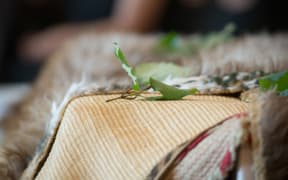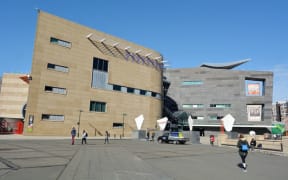The remains of dozens of Māori and Moriori, taken overseas more than 100 years ago, have returned to Aotearoa.
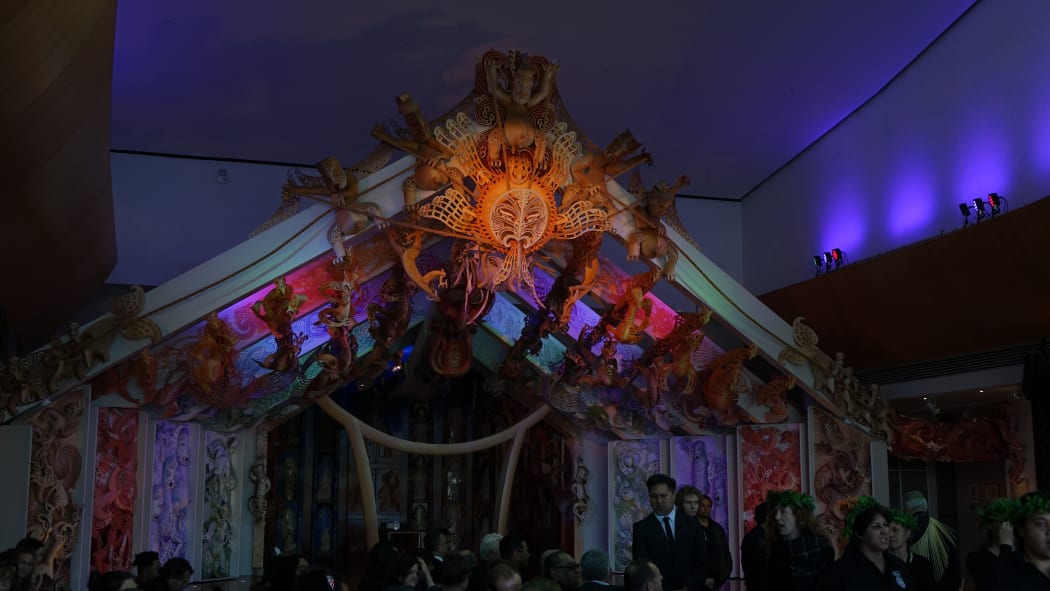
The remains were formally returned at a ceremony at Te Papa on Monday. Photo: RNZ / Emile Donovan
The bones were either stolen by or traded to Pākehā in the late 1800s, and were studied in Europe for scientific research.
They have been held by museums in Britain, Germany and Sweden, which agreed to return them following a request from New Zealand's repatriation programme.
They were formally accepted at a ceremony at Te Papa in Wellington today.
Opotihi Moriori Trust chairman Maui Solomon said it was important the ancestors returned home to finally be at rest.
"They were taken from their home and it's important that they go back home," he said.
"Moriori are a Polynesian people, same as Māori. We have a great respect for our karapuna, our ancestors, so to actually re-inter them and take them home, I think they'll finally be at rest."
British High Commissioner Jonathan Sinclair said returning the remains to New Zealand would bring the two countries closer together.
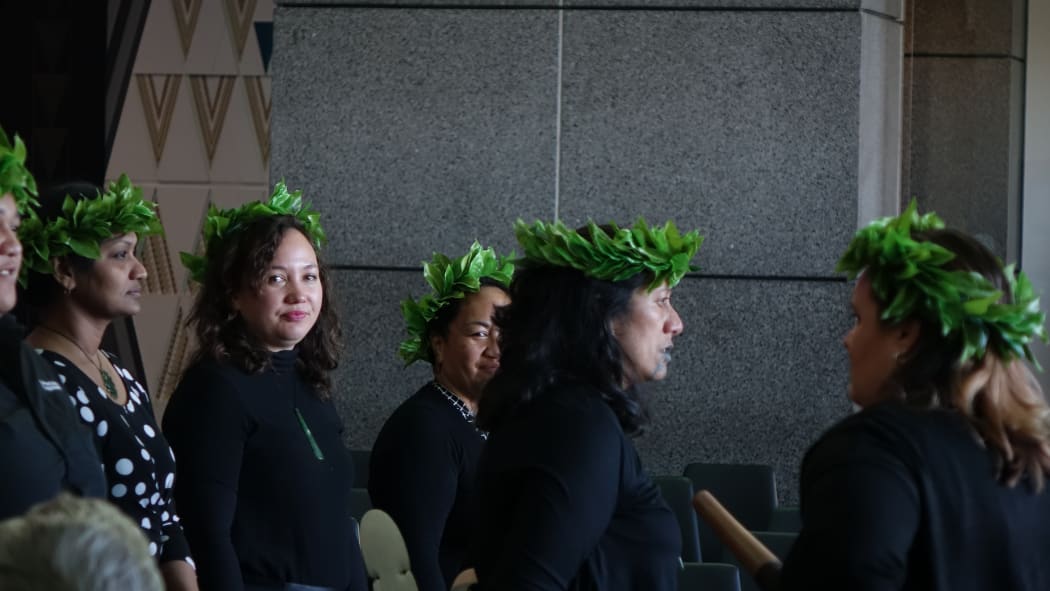
Photo: RNZ / Emile Donovan
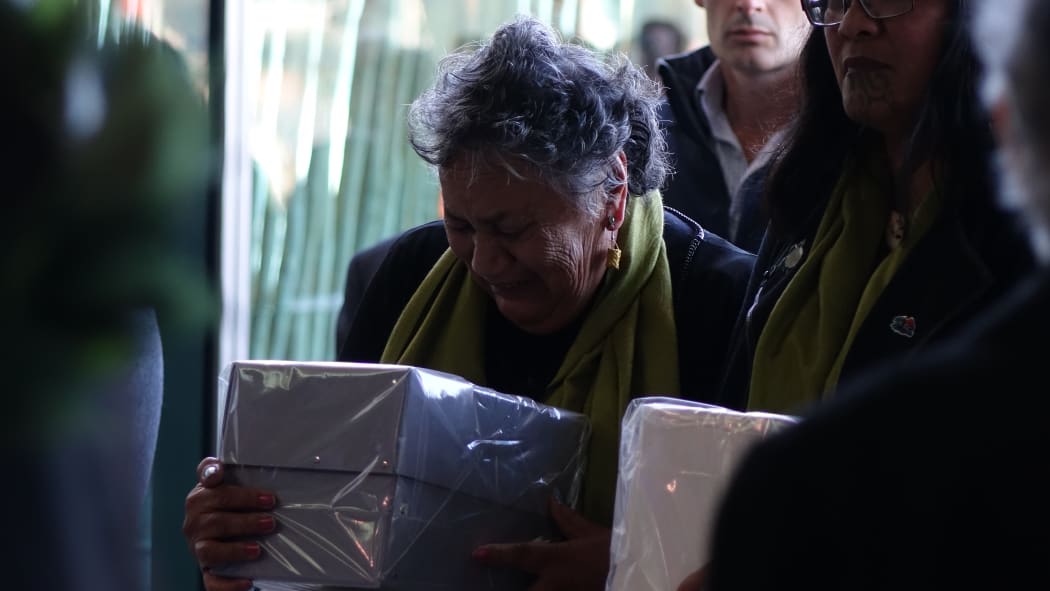
Photo: RNZ / Emile Donovan
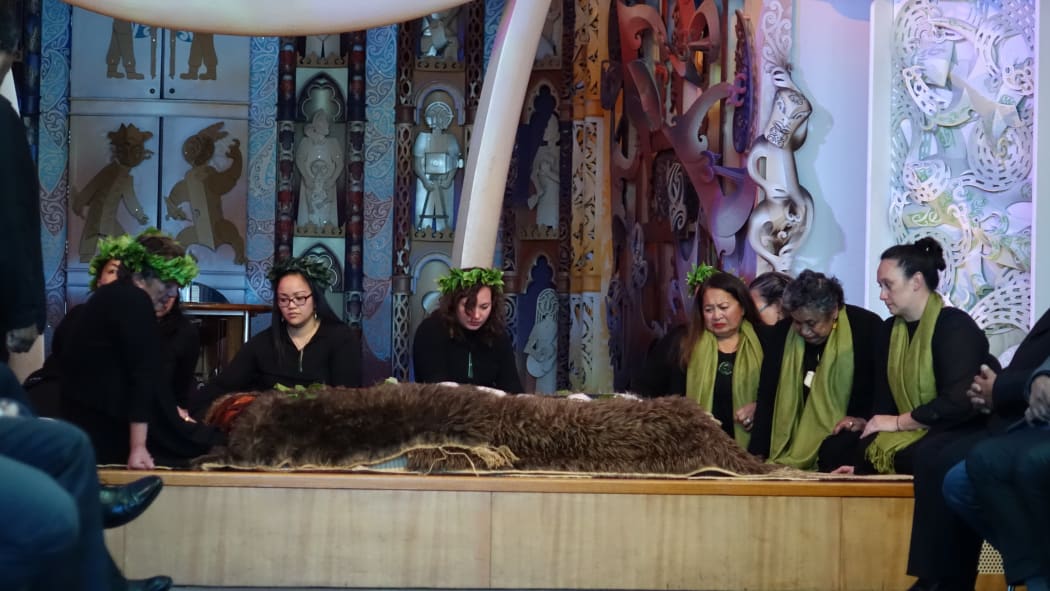
Photo: RNZ / Emile Donovan
Since Te Papa's repatriation group was established, in 2003, the remains of hundreds of Maori and Moriori have been returned to New Zealand.
But hundreds more are still in museums and with private collectors.
The unit's manager, Te Herekiekie Herewini, said there were still more than 600 ancestors to come home.
"I anticipate that this programme may take another 10 years to bring all those ancestors home."
